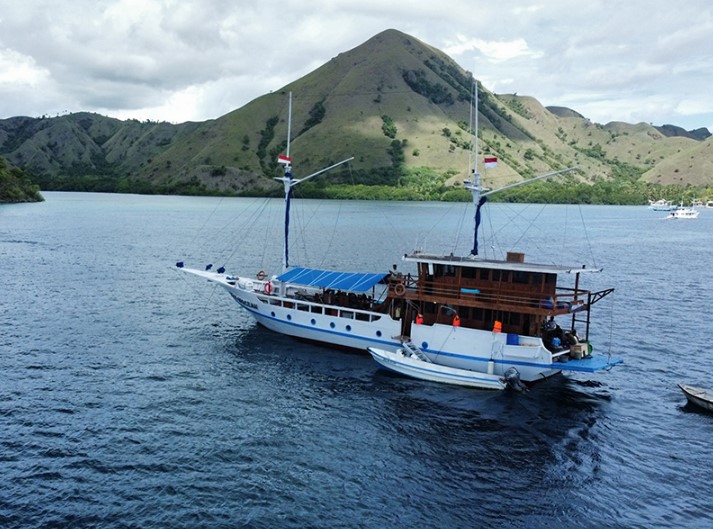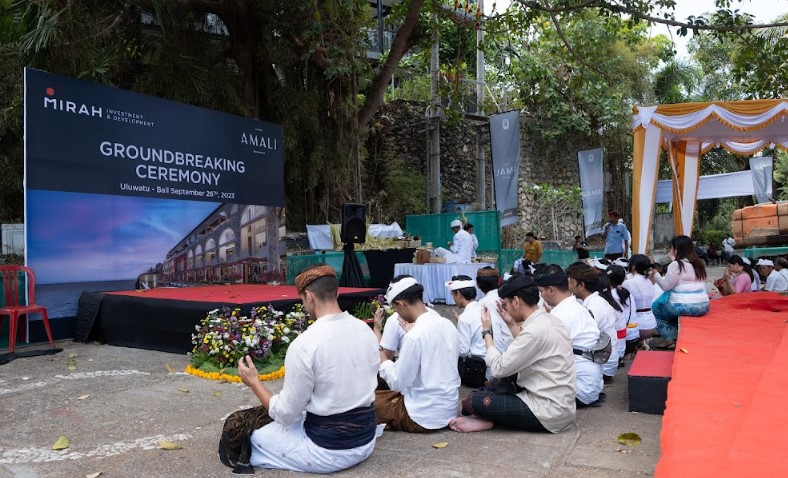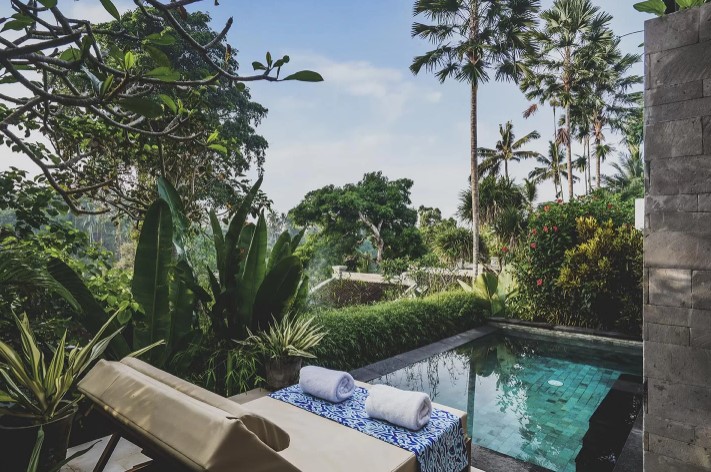You’re subject to all local laws and penalties, including those that may appear harsh by Australian standards. Research local laws before travelling.
If you’re arrested or jailed, the Australian Government will do what it can to help you within the scope of our Consular Services Charter. But we can’t get you out of trouble or out of jail.
See the Australian Embassy Tokyo website for more information about arrests in Japan.
Be aware that you won’t be allowed to make a phone call if you are arrested in Japan. You can also be detained for up to 23 days without any formal charge.
Drugs
Authorities can arrest and charge you if they find trace amounts of illegal drugs in your blood or urine.
More information:
Family law
Japanese family law, including divorce and child custody, is very different to Australian law. For example, joint custody of a child after divorce is not a legal option, and there are limits to access for a non-custodial parent. The Family Courts in Japan generally consider that it is in a child’s best interests for them to remain in their “usual place of residence”. Courts therefore usually give sole custody to the parent that has taken care of the child most recently.
If you’re involved in custody or other family disputes, consult a lawyer before you leave Australia or if you are already in Japan. We have produced some general information about issues around custody, child abduction and parental rights.
Australia and Japan are both parties to The Hague Convention on the Civil Aspects of International Child Abduction.
If you’re concerned that your child has been wrongfully removed or detained in Japan, contact the Attorney-General’s Department in Australia.
More information:
Employment law
Some employment agents may mislead and encourage foreigners to work in Japan without:
- the correct visa
- financial arrangements in place
This could leave you open to exploitation and prosecution.
Authorities have arrested Australians for working in the entertainment industry while in Japan on tourist visas.
If you want to travel to Japan for work:
- check the true nature of the work offered
- get the correct visa before arriving in Japan
- get legal advice before signing any contract
More information:
Police powers
Police can stop you on the street, demand identification and search you and your belongings.
If you’re in a public place, police can seize:
- knives longer than 5.5cm, including blades and penknives
- firearms
- any other weapons or things you could use as weapons
- drugs
- any item they reasonably suspect you stole or have unlawfully
If they find any of these items on you, it’s likely that police will detain you.
If you’re arrested, police can detain you for up to 23 days without charge, including for offences you might think are minor. Police might hold you for weeks or months while they investigate and undertake legal proceedings.
The initial police interview could last several hours. Police might record it in writing rather than electronically.
Under Japanese law, you can:
- remain silent
- access legal representation
- have an interpreter provided
However, in Japan police can question you without your lawyer present.
English interpreters may be substandard. Get a list of English-speaking lawyers around Japan from the Australian Embassy website.
Other laws
If you’re visiting Japan short-term as a tourist or for business, you must always carry your passport.
If you live in Japan, you must always carry your residence card.
It’s illegal to:
- buy or drink alcohol if you’re under 20 years old
- drive with any alcohol in your bloodstream
- allow someone under the influence of alcohol to drive a vehicle in which you’re a passenger
The following activities are also illegal:
- importing or possessing firearms or other weapons without a permit.
- smoking on the streets in some parts of Tokyo and other cities.
- using UHF-CB radios (walkie-talkies) that don’t meet Japanese standards, such as those purchased outside Japan.
- resisting arrest or other actions that obstruct an official’s duties.
- flying a drone without a permit in many areas of Japan. Strict regulations apply under aviation laws.
- having illegal drugs in your body (detected by urine testing).
- drinking on the streets on specific days, such as around Shibuya on Halloween and New Year’s Eve.
Penalties
Penalties for serious crimes, such as murder, include the death penalty.
Other sentences can include:
- heavy fines
- lengthy jail terms with hard labour
- deportation





More Stories
Pet Relocation: A Comprehensive Guide for a Smooth Move
11 Best Places to Travel in July 2023
Nigeria travel advice – GOV.UK